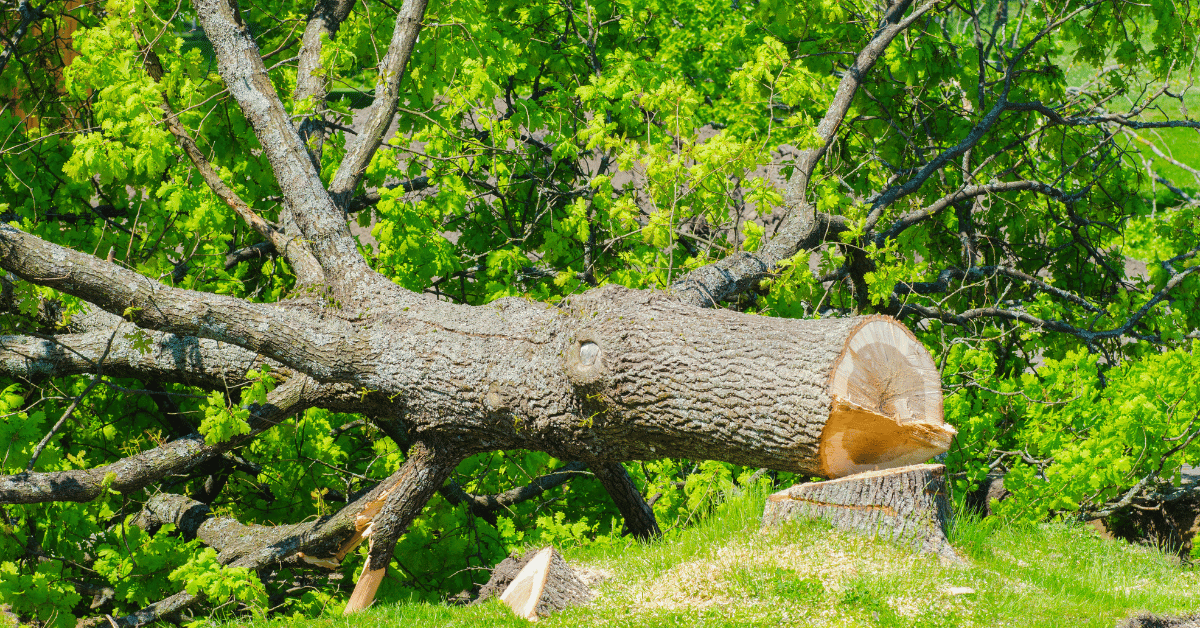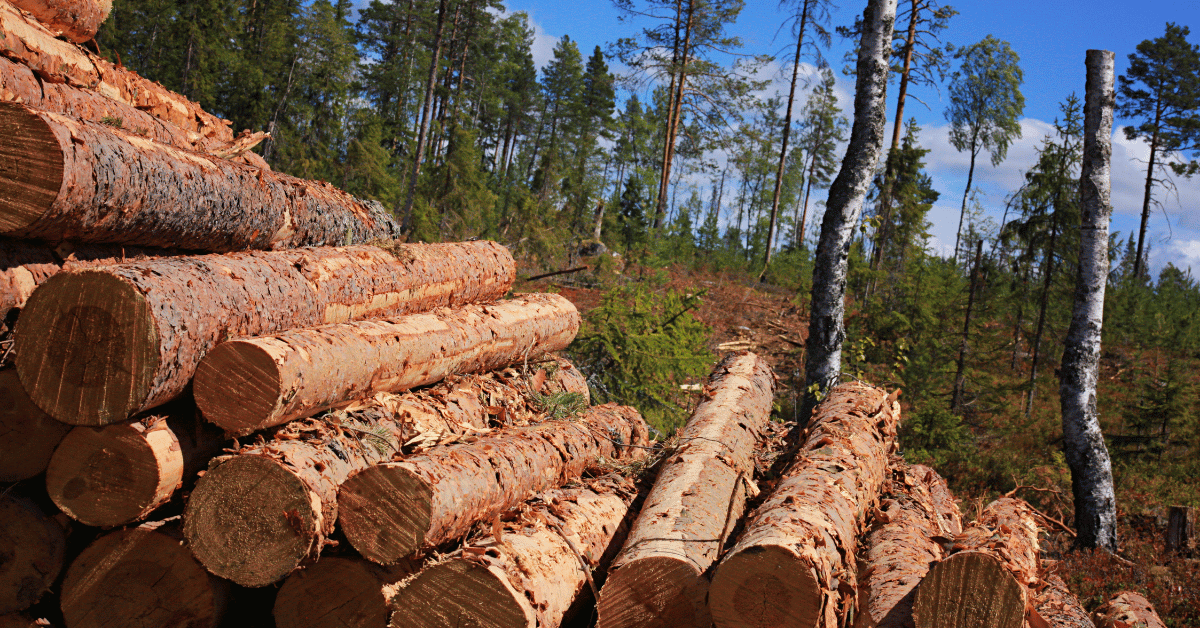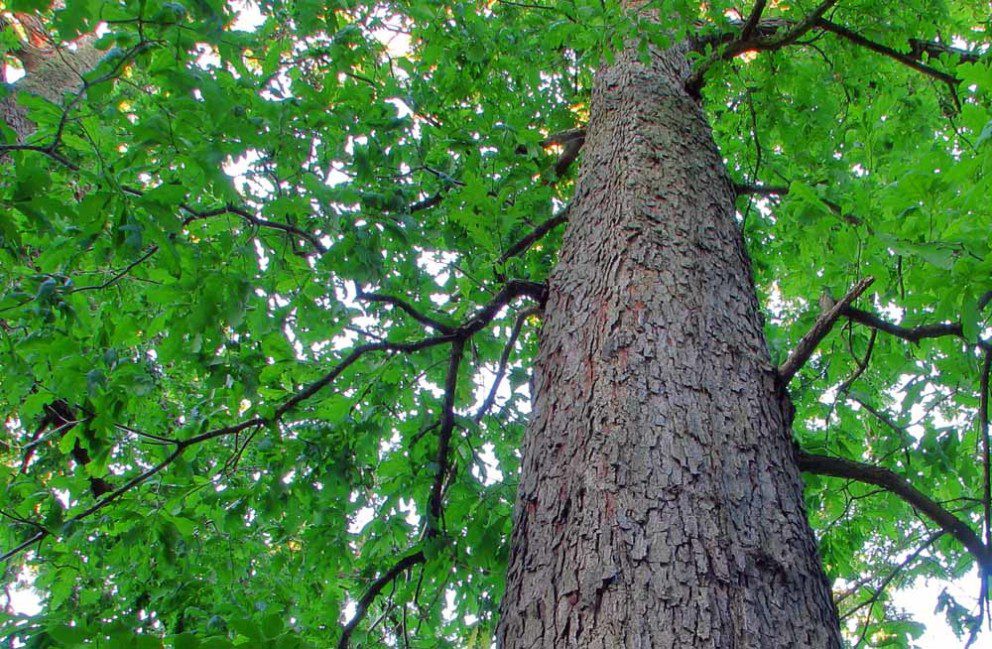Navigating the Logging Industry: Avoiding Bad Actors and Ensuring Fair Timber Sales
The logging industry has unscrupulous members, and some states, like Kentucky, publish bad actors lists to warn timber owners. When selling your timber, it is crucial to be aware of potential pitfalls to ensure you’re selling your timber without regrets. Landowners must ensure they understand their options to avoid future regrets. Over the years, logging companies have misrepresented the timber harvesting process or outright lied, leading to countless horror stories.
Ethical Practices Protecting Landowners of Selling Your Timber Without Regrets
Timber Works builds its reputation by treating landowners and customers with the highest standards of ethics, professionalism, and respect. Unscrupulous buyers often take advantage of landowners during timber sales, leading to unfair transactions. Selling your timber can be tricky. This is especially true since most landowners aren’t logging experts. When selling timber, we mark each tree at chest height. We label the base for selection evidence and number them for easy identification.

We prioritize educating our partner landowners instead of simply selling to them. The list highlights common mistakes landowners make with timber agreements and explains how Timber Works actively prevents these issues.
Don’t Sell “All Merchantable Timber”
“All Merchantable Timber” typically refers to any timber with commercial value higher than the cost of harvesting it. In these arrangements, logging companies pay a landowner a fixed amount for the right to harvest timber from their land. The compensation paid to the landowner is often only loosely based on the actual value of the timber in the stand. This can lead to potential regrets in selling.
Unlimited Logging A Threat to Forest Health
“Without limits on the number of trees or the amount of timber a logger can legally cut, the forest’s health often suffers. This can leave the land under-stocked, significantly lowering its future growth potential. It also affects overall productivity.”

Payment in Full Before Last Tree is Removed
If you have spent any time in the timber industry, you have no doubt heard of timber purchase agreements that promise payment in full before removing the last tree. Considering your needs when selling timber can prevent regrets down the line.Selling Your Timber Without Regrets
Though on the surface there doesn’t appear to be anything wrong with such wording, unscrupulous logging companies have used such a clause in the past to attempt to steal the timber they harvested on a job outright. Every year, we receive calls from angry timber owners. They’ve received little or no compensation after their harvest. These loggers leave a small pile of logs at the site. They use this, coupled with the clause described above, as justification for not paying their landowners!
Call it what you wish, but committing such an act against a landowner is theft, plain and simple.
If you partner with Timber Works for your timber harvest, you can rest assured knowing our payment process is transparent and straightforward.
We pay landowners in full for every truckload before it leaves their property. Our timber harvest agreements clearly outline this arrangement, eliminating confusion or ambiguity about payment terms.Ensure trees are properly marked and accounted for.
Double Stumpage Hidden Risks
In cases of veneer or valuable species such as Black Walnut and White Oak, paying twice the average stumpage price still ends up being quite a bargain.While a stumpage contract should relate only to a specific lot of timber, some companies add clauses that allow them to cut trees beyond the agreed-upon ones. Sometimes, these clauses promise to pay “double stumpage” for the trees they remove beyond the agreement, which might lead to regrets if not carefully considered.
Double stumpage generally means twice the average per board foot price for the whole harvest, though contracts rarely define it. For high-value species like Black Walnut and White Oak, this calculation often provides a bargain. This is true, even at double the average price.
We ensure clarity and transparency in our logging contracts, thereby selling your timber without regrets. By harvesting only the trees mutually agreed upon, we maintain trust and precision. Landowners are directly engaged in the selection process, ensuring their needs and preferences are prioritized.
This guides them to make informed choices about which trees to harvest. This hands-on approach boosts financial returns while safeguarding the timber stand’s health and future productivity.
Let me know if you’d like further adjustments!
Schedule a free, no-obligation assessment of your standing timber today.

